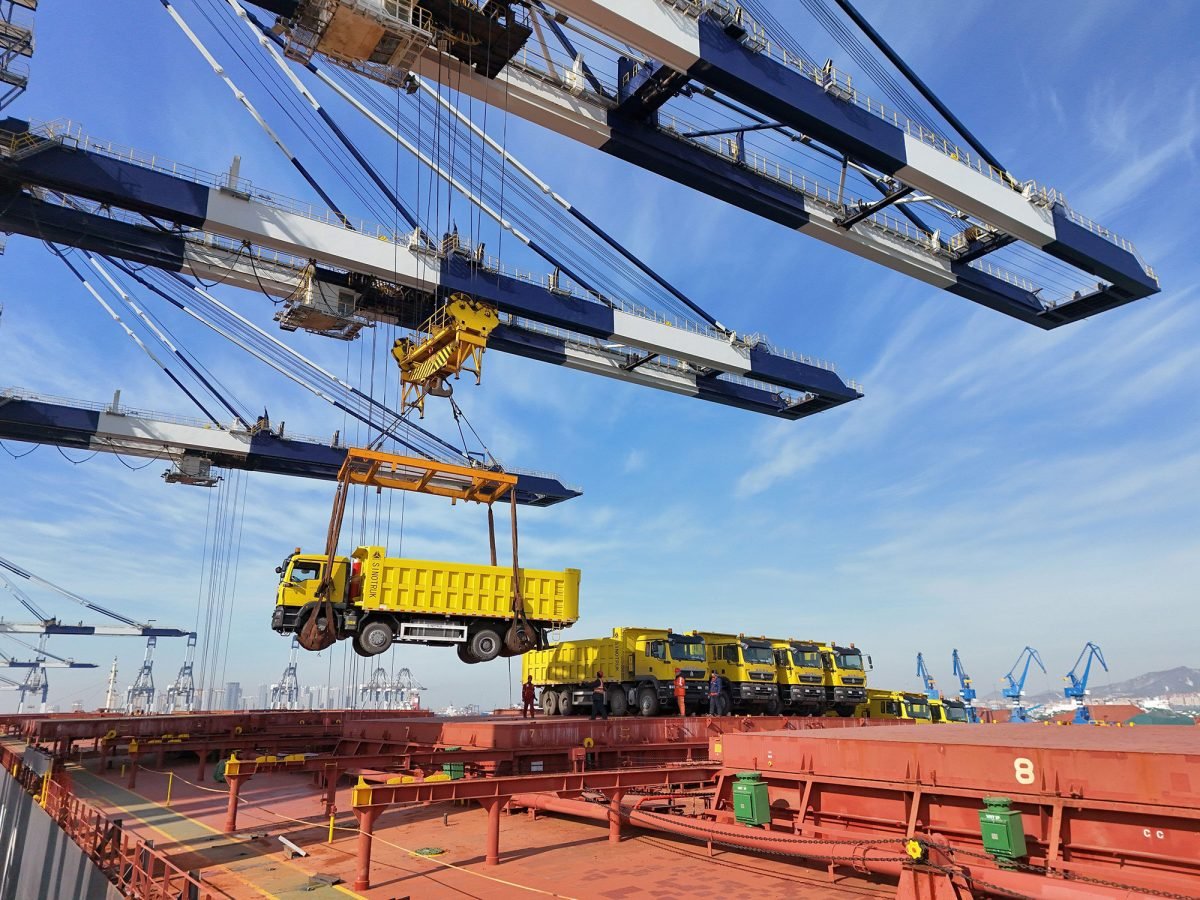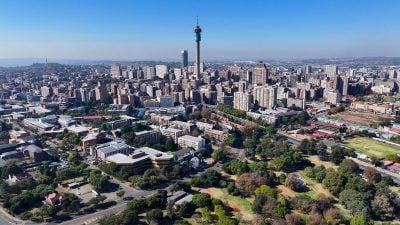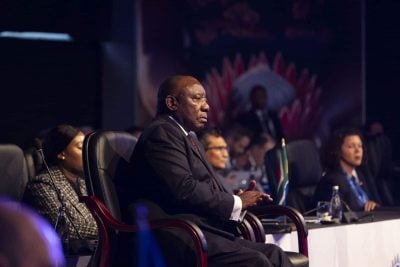South Africa continues to be a major player on the African continent, despite the dilution of its traditional dominance as new investors pour in from the Middle East, Asia and longstanding markets.
The country is seeking greater traction through its strategic positioning in the African Growth and Continental Free Trade Area (AfCFTA). It is well placed to be a major beneficiary of the initiative, being the largest outward investor among African countries and the biggest exporter of manufactured products to other African countries in products such as vehicles, machinery, processed food products and electrical equipment.
Expanding regional trade
About 25% of South Africa’s total exports go to African countries, most of it to members of the Southern African Development Community (SADC).
Trade with SADC members makes up more than 80% of South Africa’s intra-African trade, dominated by its partners in the Southern African Customs Union – Botswana, Lesotho, Namibia and Eswatini. Zimbabwe and Mozambique are also big trade and investment destinations.
Nigeria, Kenya and Ghana are its main non-SADC trading partners.
South Africa runs a large trade surplus with the region, with exports far outstripping its imports.
Its main trade is mostly with developed countries. In a list of South Africa’s top 10 trading partners in 2024, only Mozambique and Namibia make the list. At the top are China, the US Germany, Japan, India and the UK.
But, the country is focused on increasing its regional trade as the world faces high levels of trade volatility and political uncertainty.
The government views the AfCFTA as a key pillar of its trade and industrial policy, which will expand market access for goods and services into regions beyond SADC. New tariff preferences will make South African food and beverage exports more competitive in West and East Africa.
The AfCFTA, key in supporting regional value chains
It is also seeking ways to strengthen regional value chains in sectors such as the automotive industry, agro-processing, critical minerals and logistics, among others.
Trade, Industry and Competition Minister Parks Tau recently reaffirmed the importance of the auto industry to South Africa’s economy.
In 2024, the sector contributed 5.2% to GDP, accounted for 22.6% of total manufacturing output, and exported vehicles and components to 155 markets worldwide. The sector sustains nearly 500,000 direct jobs and supports around one million across the value chain, making it critical to the objective of job creation and inclusive growth.
Tau said South Africa’s vehicle exports to the continent were worth about R2.6bn (R48.1bn) in 2024, an increase of 12.4% year on year.
“The AfCFTA is a game changer. It enables duty-free access beyond the SADC, it supports regional value chains and encourages infrastructure investment.
“It also opens doors for collaboration in battery manufacturing and mineral beneficiation across Africa,” says Tau.
South Africa is helping to drive the African Auto Pact, which aims to harmonise policies and rules of origin to attract investment. However, it is still adjusting to the loss of trade preferences with the US under the African Growth and Opportunity Act, which expired in September, around the same time that South Africa was hit with heavy tariffs on its exports to the Americans.
Vehicle exports made up about 17% of South Africa’s total exports to the US in 2024, so it is potentially a big blow. This has lent urgency to its drive to expand to new markets, particularly in Africa, leveraging tariff preferences under the free trade initiative.
South Africa was among the first countries to ratify the AfCFTA and was one of the first to take part in the Guided Trade Initiative, a pilot programme launched in 2022 test the operational readiness of customs systems, tariff schedules and documentation under the new rules and to identify and fix possible problems.
It conducted its first GTI shipment in 2023, exporting goods to Ghana under AfCFTA tariff preferences. The products included food and industrial goods (processed juices, steel products, and household items).
New competition challenges South Africa’s dominance
But South Africa is facing mounting competition from traditional and new investors on the continent, particularly from North Africa, the Middle East and China. This is affecting its historical dominance over the past few decades, driven primarily by the investment of many of its homegrown global companies such as Standard Bank, Rand Merchant Bank, MTN and others.
Some of its big investors in other African markets such as supermarket retail group Shoprite have pulled back from other countries in the wake of currency and political risk and the high cost of doing business to focus on expanding growth in South Africa itself.
South African companies face stiff competition on pricing, financing terms, and state-backed support that they cannot always match.
The recently released 2025 Where to Invest in Africa report compiled by banking group RMB shows South Africa ranked fourth for the second-year running, after the small island economies of Seychelles and Mauritius as well as Egypt. It was just ahead of Morocco in an analysis of 31 nations.
Africa’s leading investment hub
Its GDP is among the lowest on the continent, hovering at around 1% for several years, but it remains a crucial investment hub due to its robust financial sector, diversified economy and relatively good infrastructure. It is still a key port of call for international investors coming to the continent.
According to the UNCTAD World Investment Report 2025, South Africa was the second largest recipient of foreign direct investment in Africa for 2024, receiving $5.2bn in FDI, behind Egypt ($9.8bn).
Its international heft as the only individual African country in the G20 and its leading role in the BRICS+ grouping have kept it on the radar for investors, as well as its many innovative initiatives driving renewable energy and advancing the green mining value chain, for example.
South Africa also aims to increase its reach and relevance in terms of foreign policy as it vigorously pursues multilateralism and focuses on building unity, inclusive economic development and shared prosperity for the African continent, something it has brought to the table during its presidency of the G20 in 2025.
 Sign in with Google
Sign in with Google 



